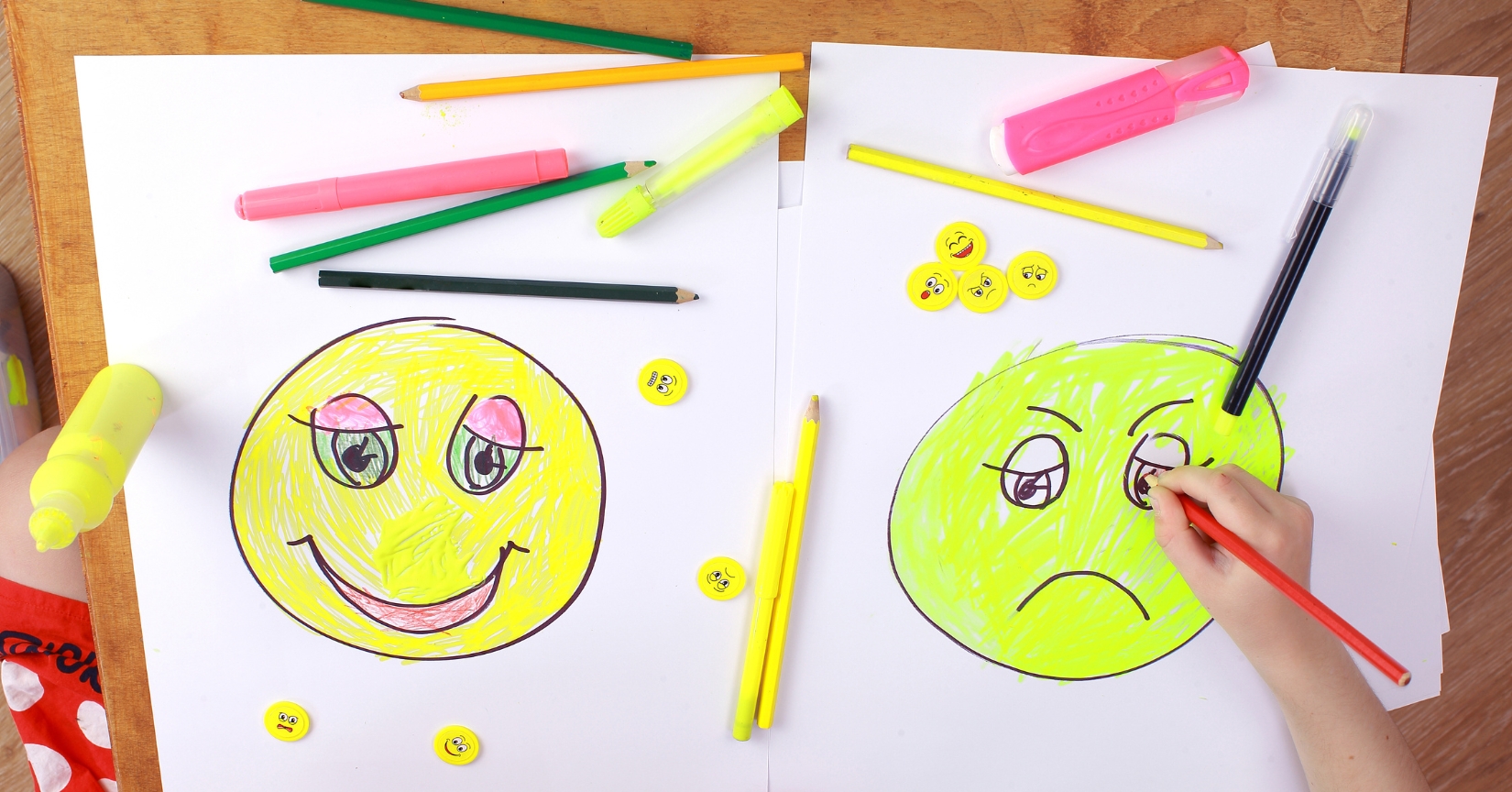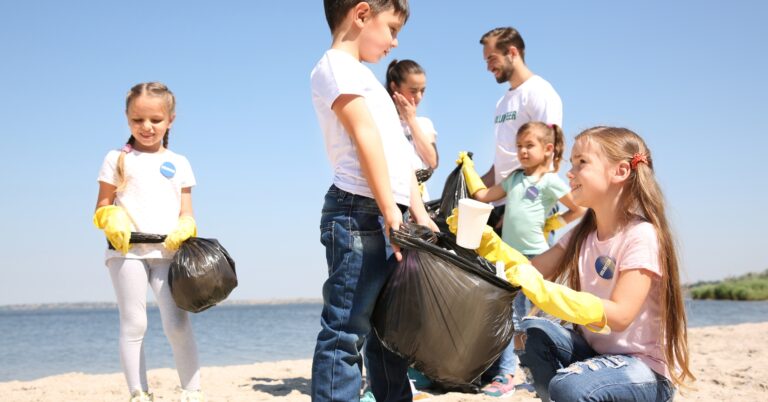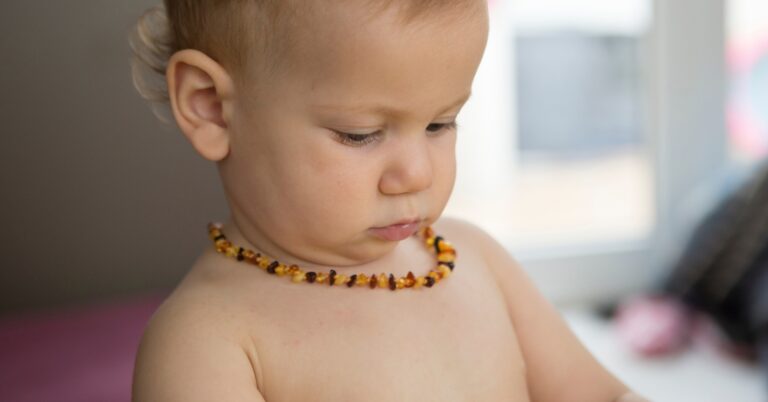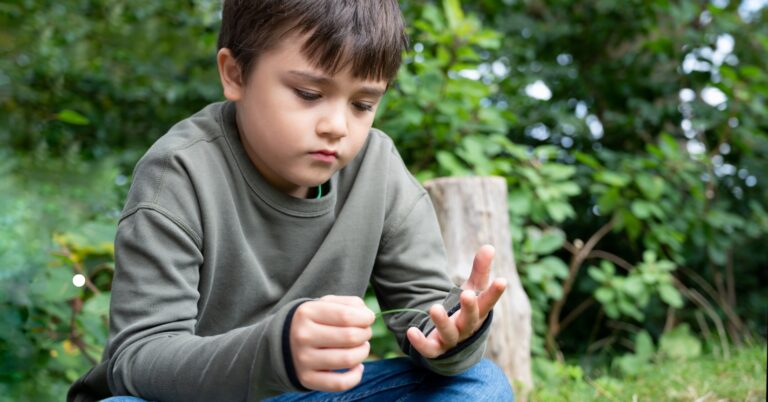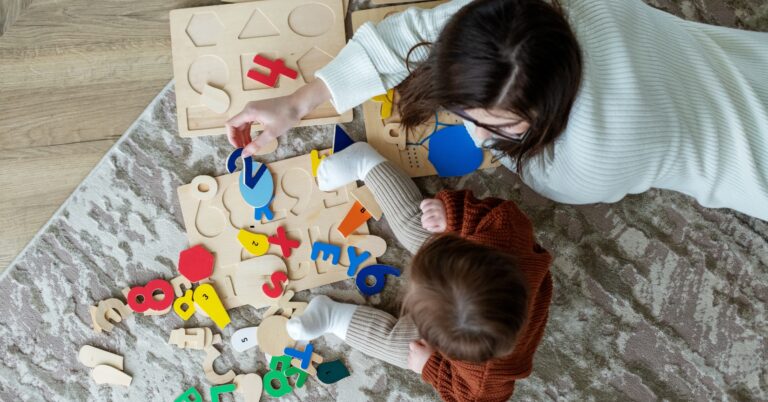When it comes to raising emotionally intelligent children, positive discipline plays a crucial role. This approach not only corrects misbehavior but also fosters emotional growth, resilience, and understanding in your child.
In my years of navigating parenthood with mindfulness and compassion, I’ve discovered that positive discipline isn’t about punishments or rewards. It’s about guiding and teaching children in a respectful way that empowers them to make healthy decisions.
Today, I’m going to share with you 5 distinct ways in which positive discipline can shape your child’s emotional intelligence. These insights come from personal experiences, combined with knowledge gathered from experts in the field of child psychology.
Through this exploration, we’ll delve into how this nurturing approach can help children understand their emotions better, manage them effectively, and cultivate empathy towards others.
1. Enhances self-awareness
Positive discipline emphasizes the importance of understanding and managing emotions. By consistently applying this approach, children begin to recognize their feelings and the triggers that cause them. This heightened self-awareness is a key component of emotional intelligence. It’s about more than just identifying whether they’re happy, sad, or angry. It involves understanding the nuances of their emotional landscape.
When a child is aware of their feelings, they can better manage their reactions to various situations. For example, if a child knows that losing at games makes them upset, they can prepare themselves emotionally when participating in competitive activities. This ability to anticipate and manage emotional responses is invaluable in navigating life’s ups and downs.
Positive discipline encourages this kind of self-reflection by creating an environment where emotions are acknowledged and discussed openly. Instead of suppressing feelings or brushing them aside, children are taught to express them constructively. Here are a few ways you can promote self-awareness in your child:
- Encourage open discussions about feelings
- Help them identify emotions in themselves and others
- Teach them to recognize triggers for certain emotions
Developing self-awareness in childhood lays the foundation for emotional intelligence in adulthood. It’s an ongoing process that continues to evolve with your child as they grow and encounter new experiences.
2. Fosters empathy and understanding
The practice of positive discipline extends beyond the individual child. It also focuses on fostering empathy and understanding towards others. Emotional intelligence is not just about recognizing and managing our own emotions, but also about understanding the feelings of those around us.
When children are taught to think about the impact of their actions on others, they begin to develop empathy. They learn to see things from another person’s perspective and understand how their actions might make that person feel. This is an essential component of emotional intelligence.
In a positive discipline environment, children are encouraged to think about the feelings of others. When a child takes a toy from their sibling, rather than resorting to immediate punishment, you could prompt them to think about how their sibling feels. This method encourages reflection on their actions and fosters an understanding of emotional consequences.
This ability to empathize with others helps children form healthier relationships. It allows them to navigate social situations more effectively and respond appropriately to the emotions of others. Whether it’s understanding a friend’s disappointment or a parent’s worry, empathy allows children to connect with others on a deeper emotional level.
3. Builds resilience
Life isn’t about never falling; it’s about learning to get back up after each tumble. This is a lesson that positive discipline teaches effectively.
In a world obsessed with perfection, it’s easy to forget that mistakes are not flaws, but opportunities for growth. They are the stepping stones that lead us towards wisdom and resilience – the ability to bounce back from adversity.
Positive discipline shifts focus from blame and punishment to understanding and learning. When a child misbehaves, the situation is treated not as a problem, but as a teachable moment. The child is guided to understand their actions, accept the consequences, and explore better alternatives.
Through this approach, children learn to handle setbacks positively, cultivating resilience – an essential element of emotional intelligence. This instills in them the confidence to face life’s challenges head on.
4. Improves communication skills
Effective communication is a cornerstone of emotional intelligence, and positive discipline fosters this skill in children from an early age. When children are encouraged to express their feelings and thoughts openly, they learn to communicate their emotions effectively.
Positive discipline encourages open dialogue between parents and children. Instead of issuing commands or making demands, parents engage in discussions. This type of communication not only teaches children to express their thoughts and feelings but also to listen and understand others.
Moreover, children learn to understand that their words have impact. They realize that what they say and how they say it can affect other people’s feelings. This understanding is a crucial aspect of emotional intelligence.
By fostering effective communication through positive discipline, you’re helping your child develop a key aspect of emotional intelligence. As they grow older, this skill will enable them to navigate relationships and situations more successfully.
5. Fosters a positive self-concept
Positive discipline contributes greatly to the development of a child’s self-concept – their understanding and assessment of their own abilities and attributes. Having a positive self-concept is vital for emotional intelligence as it impacts how children understand and manage their emotions.
Positive discipline emphasizes on the inherent worth of the child rather than focusing solely on their behavior. When children make mistakes, they are guided to understand the consequences of their actions and find ways to make amends, rather than being punished or shamed.
This approach helps children separate their actions from their selves, understanding that making a mistake doesn’t make them bad or unworthy. They learn to see themselves as capable beings who can learn and grow from their errors.
A positive self-concept leads to higher self-esteem, which in turn aids in emotional regulation. Children who feel good about themselves are better able to handle emotional setbacks and are less likely to get swept away by negative emotions.
Implementing Positive Discipline Techniques
Having understood the profound impact of positive discipline on a child’s emotional intelligence, the next step is to incorporate these principles into your everyday parenting. It’s about creating an environment that fosters communication, empathy, and mindfulness.
Firstly, remember that positive discipline is based on respect and understanding. It’s not about controlling your child, but guiding them towards making thoughtful decisions. Instead of punishing misbehavior, use these moments as opportunities for teaching and learning.
Secondly, focus on open communication. Encourage your child to express their feelings and thoughts. Help them understand their emotions and how they impact their behavior. Foster a safe space where they can express themselves without fear of judgment or criticism.
Finally, this is a journey. Building emotional intelligence through positive discipline takes time and patience. There will be ups and downs, but with each step, your child will grow emotionally stronger.
As you implement these techniques, keep in mind the principles we follow here: flexibility, inner peace, community, enlightenment, and sustainable practices. Apply these principles as you guide your child towards emotional intelligence through positive discipline. This journey goes beyond just discipline; it’s about nurturing a well-rounded individual capable of navigating life’s challenges with grace and empathy.

